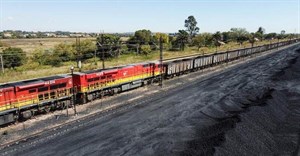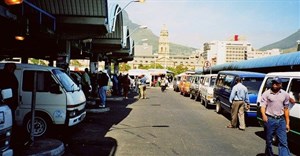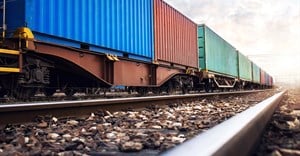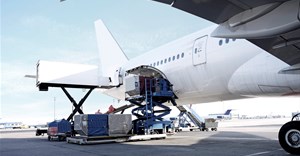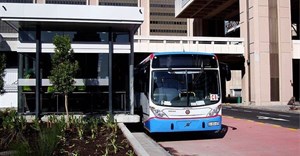Trending
Elections 2024
Jobs
- Warehouse General Worker George
- Warehouse Team Leader George
- Trainer - Driver Code 14 Cape Town
- Code 14 driver Johannesburg
- Logistics/Stock Intern Centurion
- Driver Johannesburg
- Financial Manager Vereeniging
SA's transport sector - a roadmap to economic recovery in the age of Covid

The South African transport sector entered the age of Covid already faced with several major challenges - ageing infrastructure; a lack of impartial regulatory bodies; an unfriendly environment for private sector collaboration; over-reliance on roads for both public transport and freight; and a skewered subsidy model are a few of the structural obstacles that were present.
The challenges must be viewed as opportunities with the problem areas providing a guide as to the solutions that can be delivered with maximum impact, where they’re most needed.
Intervention solutions
However, Sujeet Morar, principal at global management consultancy Kearney, believes that the challenges are not insurmountable and that there are solutions in the form of interventions that have the potential to deliver up to R223bn and create up to 168,000 formal sector jobs, figures which far exceed the potential losses incurred by the Covid-19 pandemic. But for these to be effective government will have to act swiftly, delegating efficient, accountable teams, and galvanising private-public collaboration.
Pre-Covid studies have positioned transport among a high impact, high potential growth sector that has been earmarked for priority interventions (along with sectors like financing, petroleum-products, metals, and construction). All of these have the potential to induce cascading benefits that ripple throughout the broader economy, but perhaps none more so than transport.
"Inasmuch as it enables the movement of people and goods, the transport industry is a necessary facilitator and catalyst of every other industry at the macro-economic level. It is a crucial determinant of development metrics like GDP, and also prefigures a nation’s overall competitiveness in the global economic arena. Just as other industries rely on transport, transport itself is reliant on a functional, well-maintained infrastructure of roads, railways and ports; both air and sea," explains Morar.
The role of transport in an economy is double-edged: it at once serves the demand of other sectors, and drives national and industrial competitiveness at the regional, national and global levels, through enhanced process efficiencies and cost improvements.
Within the land-based road- and rail- subsectors, the freight industry is the primary contributor to income, approximately 55% of which is derived from three key industries – mining, manufacture, and agriculture.
"Re-energising transport starts with sound governance. We advocate for a Single Transport Economic Regulator (STER), as well as a standalone ports authority and an independent rail regulator. Such structures would provide transparency, impartial oversight, and enhanced competition. In addition to this, we recommend a strong government-enabled model for collaborative networking amongst SMME's, private companies, and academies or associations," Morar elaborates.
A seismic shift in economic history, the Covid-19 pandemic and its after-effects are ushering in a veritable fourth industrial revolution for the SA transport sector. "We anticipate many more Private-Public Partnerships (PPPs) including collaborations with logistics partners to overcome traditional obstacles and start to forge more cost-effective, multi-modal transport solutions," says Morar.









